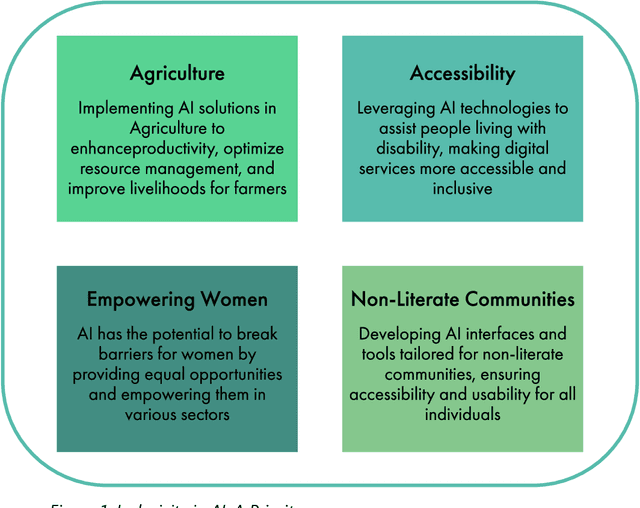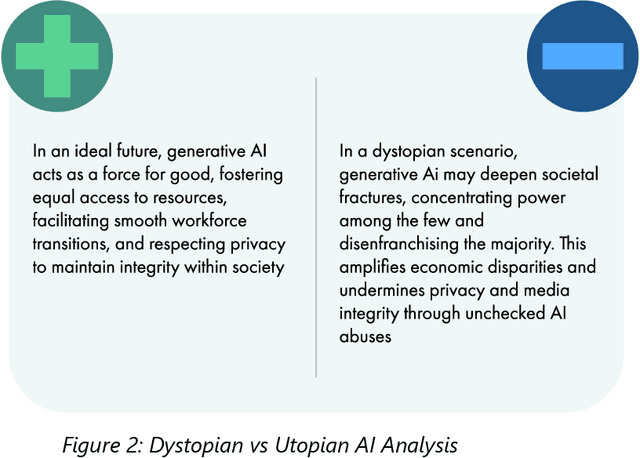Abigail Sellen
AI and the Future of Work in Africa White Paper
Nov 15, 2024

Abstract:This white paper is the output of a multidisciplinary workshop in Nairobi (Nov 2023). Led by a cross-organisational team including Microsoft Research, NEPAD, Lelapa AI, and University of Oxford. The workshop brought together diverse thought-leaders from various sectors and backgrounds to discuss the implications of Generative AI for the future of work in Africa. Discussions centred around four key themes: Macroeconomic Impacts; Jobs, Skills and Labour Markets; Workers' Perspectives and Africa-Centris AI Platforms. The white paper provides an overview of the current state and trends of generative AI and its applications in different domains, as well as the challenges and risks associated with its adoption and regulation. It represents a diverse set of perspectives to create a set of insights and recommendations which aim to encourage debate and collaborative action towards creating a dignified future of work for everyone across Africa.
The Rise of the AI Co-Pilot: Lessons for Design from Aviation and Beyond
Nov 29, 2023Abstract:The fast pace of advances in AI promises to revolutionize various aspects of knowledge work, extending its influence to daily life and professional fields alike. We advocate for a paradigm where AI is seen as a collaborative co-pilot, working under human guidance rather than as a mere tool. Drawing from relevant research and literature in the disciplines of Human-Computer Interaction and Human Factors Engineering, we highlight the criticality of maintaining human oversight in AI interactions. Reflecting on lessons from aviation, we address the dangers of over-relying on automation, such as diminished human vigilance and skill erosion. Our paper proposes a design approach that emphasizes active human engagement, control, and skill enhancement in the AI partnership, aiming to foster a harmonious, effective, and empowering human-AI relationship. We particularly call out the critical need to design AI interaction capabilities and software applications to enable and celebrate the primacy of human agency. This calls for designs for human-AI partnership that cede ultimate control and responsibility to the human user as pilot, with the AI co-pilot acting in a well-defined supporting role.
 Add to Chrome
Add to Chrome Add to Firefox
Add to Firefox Add to Edge
Add to Edge